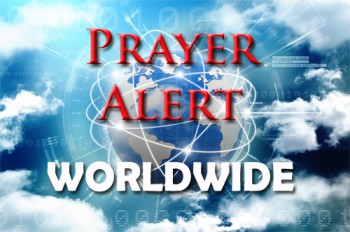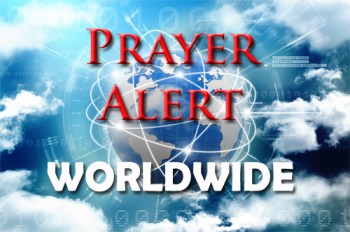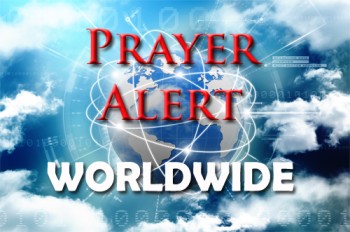Displaying items by tag: court ruling
USA: federal court blocks Trump’s tariffs
A federal court has blocked Donald Trump’s broad use of tariffs, ruling that the Constitution grants Congress - not the president - authority to regulate foreign commerce. The decision challenges Trump's use of the 1977 International Emergency Economic Powers Act (IEEPA) to impose sweeping import taxes, a cornerstone of his ‘America First’ agenda. Two lawsuits, one by small businesses and another by a coalition of US states, sparked the ruling. The court also blocked tariffs on China, Mexico, and Canada, imposed under immigration and drug control claims. However, tariffs on specific goods like steel and cars were not addressed. Markets responded positively, with global stocks rising and the dollar strengthening. If the ruling is upheld, affected businesses may receive tariff refunds with interest. Legal experts suggest the decision may constrain executive power over trade, sending a strong constitutional message. The White House has vowed to appeal, calling the ruling a judicial overreach. In another development, the Trump administration has asked the supreme court to overturn a judge’s ban on deporting migrants without giving them a chance to seek legal relief: see Breaking news: the ban on tariffs has been temporarily paused by an appeal court.
USA: Louisiana orders Ten Commandments to be displayed in all classrooms
Louisiana has become the first US state to order all classrooms, from elementary to university level, to display a poster of the Ten Commandments. The Republican-backed measure describes the commandments as foundational to state and national government. The law is expected to face challenges from civil rights groups, who will argue that it violates the First Amendment, which prohibits government establishment of religion. The commandments must be in large, readable font, next to a ‘context statement’ about their historical role in American education. There have been numerous legal battles over the display of the Ten Commandments in public buildings, including schools, courthouses and police stations. In the past, the Supreme Court has struck down similar laws, ruling that displaying the Ten Commandments in public schools lacked a secular legislative purpose and was inherently religious.
USA: Alabama ruling that embryos are children
The Alabama supreme court has ruled that frozen embryos are children, which has sparked controversy and cast uncertainty over the future of IVF treatments in the state. Medical experts and reproductive advocacy groups are warning of adverse effects on fertility treatments, while some anti-abortion groups have hailed the decision for granting embryos legal protection. Despite not banning IVF, the decision raises concerns about its legality in the state, potentially limiting options for individuals seeking to build families. The ruling intersects with broader debates on reproductive rights, especially in the context of the US supreme court's decision in 2022 to strike down a nationwide right to abortion. Since then, Democratic-controlled states have expanded access and Republican ones restricted it. Anti-abortion activists view the decision as a victory for life, yet acknowledge complexities regarding IVF ethics. Overall, the ruling intensifies discussions on embryo rights and the regulation of reproductive technologies.


